Optimal Timing for Land Clearing
Land clearing involves removing trees, brush, and other obstacles to prepare a site for development, agriculture, or other uses. Timing is crucial to ensure safety, efficiency, and cost-effectiveness. The optimal period depends on weather conditions, plant growth cycles, and project goals.
Spring offers moderate temperatures and longer daylight hours, making it suitable for land clearing projects. It allows for preparation before the peak growing season.
Summer can be effective but may pose challenges due to higher temperatures and increased fire risk. Adequate planning is required to avoid drought-related hazards.
Fall provides cooler weather and less plant growth, which can simplify clearing. It is ideal for projects aiming to start in the spring.
Winter is generally less suitable due to frozen ground and limited access, but in mild climates, it can be used for certain projects.
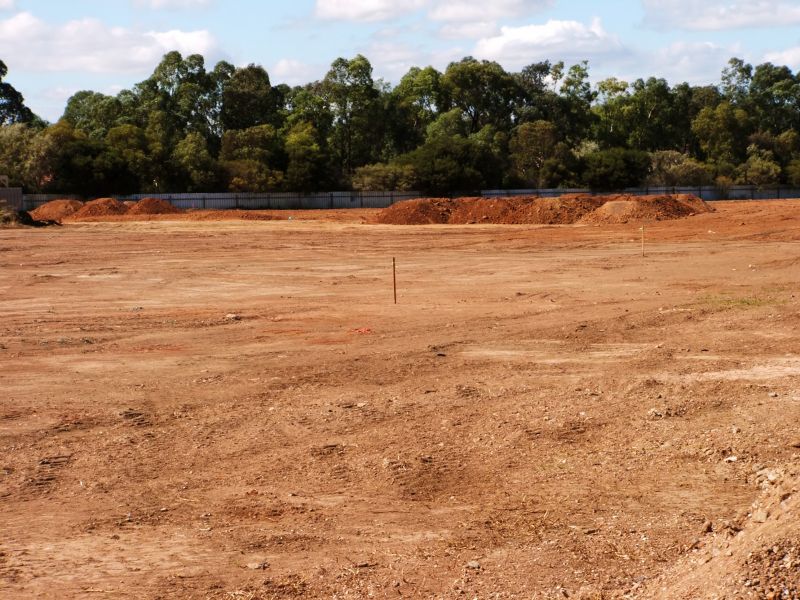
Preparation during early spring can optimize project timelines.
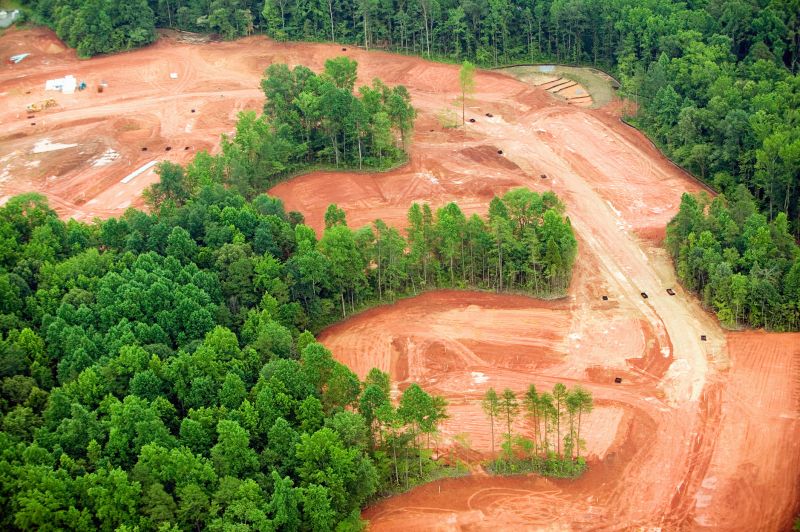
Managing risks during warmer months is essential.
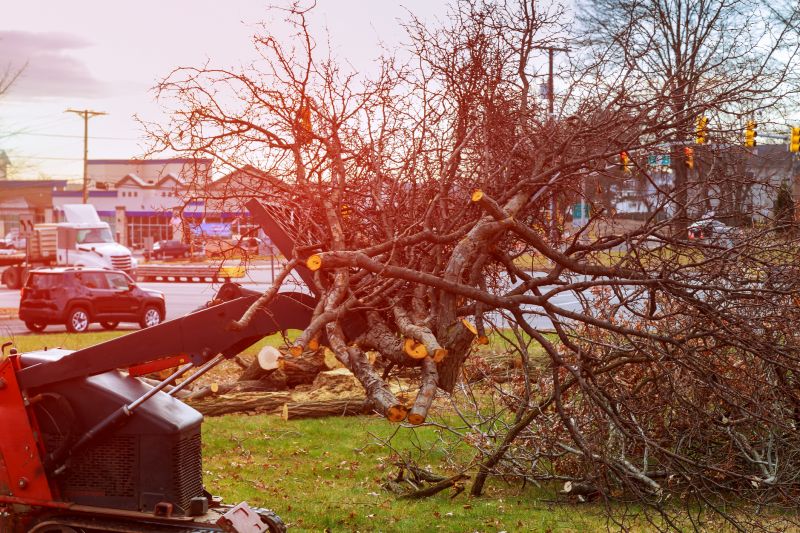
Ideal for projects aiming for winter or spring start.

Ways to make Land Clearings work in tight or awkward layouts.

Popular materials for Land Clearings and why they hold up over time.
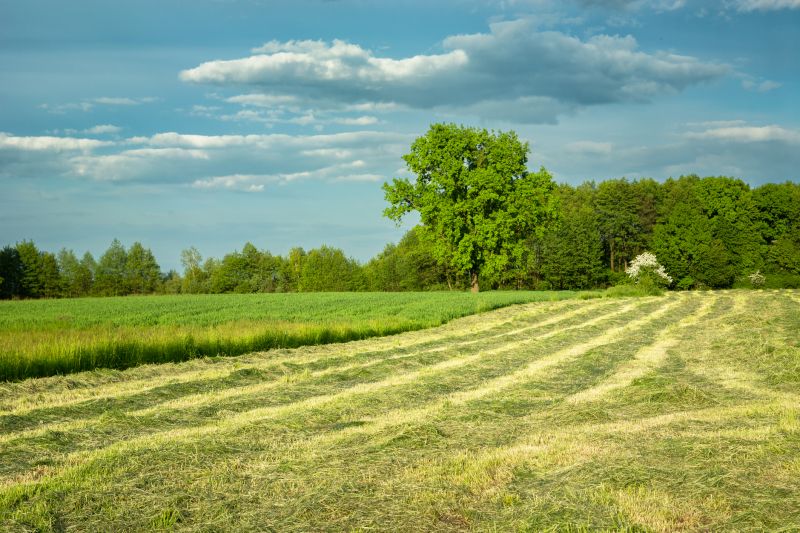
Simple add-ons that improve Land Clearings without blowing the budget.
| Season | Optimal Conditions |
|---|---|
| Spring | Moderate temperatures, longer days, pre-growth season |
| Summer | Longer daylight, but higher fire risk and heat |
| Fall | Cooler weather, less vegetation growth |
| Winter | Frozen ground, limited access in cold climates |
Land clearings are a vital part of site preparation, impacting project timelines and costs. Proper timing ensures minimal soil disturbance, reduces environmental impact, and enhances safety. Seasonal considerations are essential for managing equipment, labor, and environmental conditions. In regions like Ellensburg, Washington, understanding local climate patterns helps determine the most suitable periods for land clearing activities.
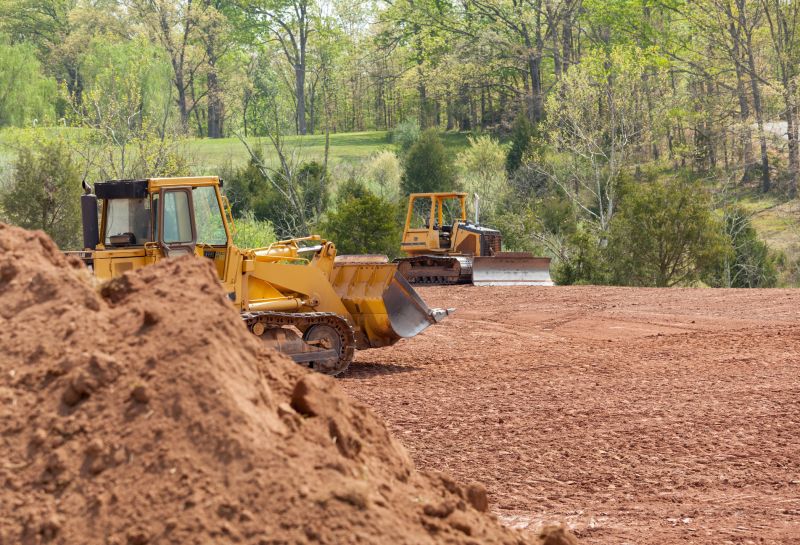
Heavy machinery clearing land efficiently.
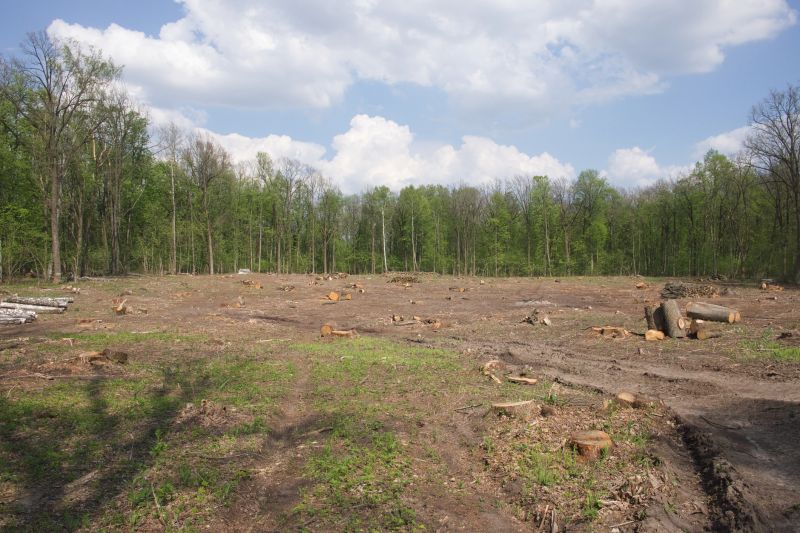
Removing brush and trees for development.
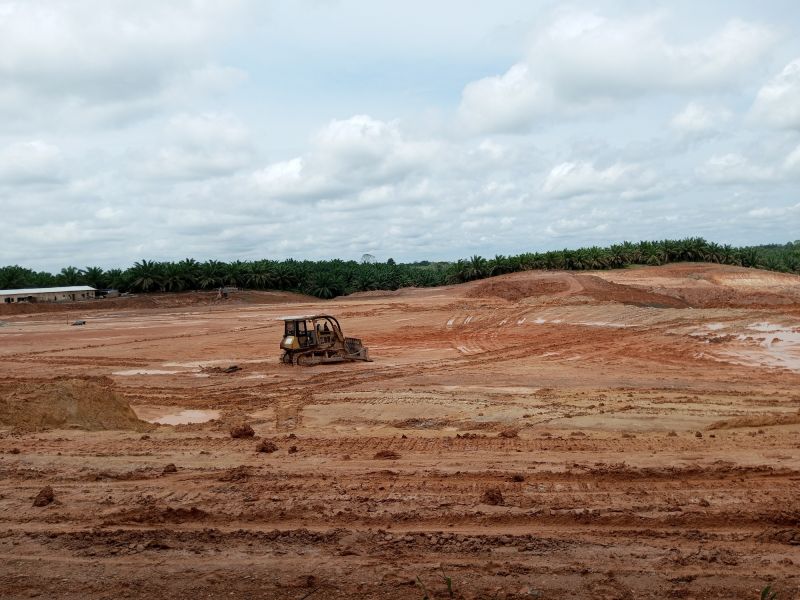
Preparing land for construction or agriculture.
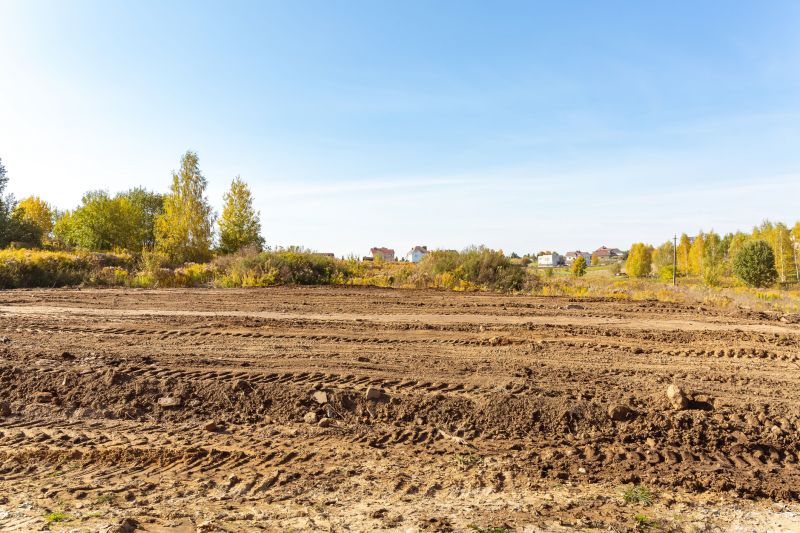
Active land clearing operation.
Choosing the right time for land clearing can influence project success, safety, and cost. Consulting with local experts and considering seasonal weather patterns can optimize outcomes. Proper planning ensures that land is prepared effectively, supporting future development or agricultural activities.
Interested in land clearing services? Fill out the contact form to discuss options and scheduling.
